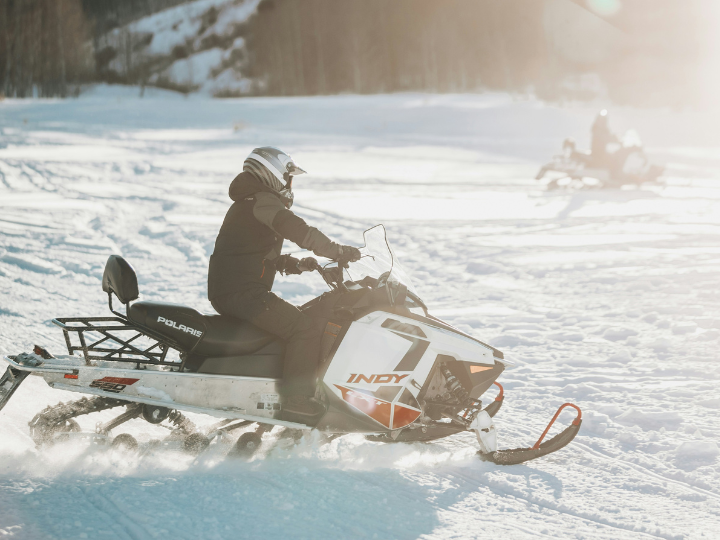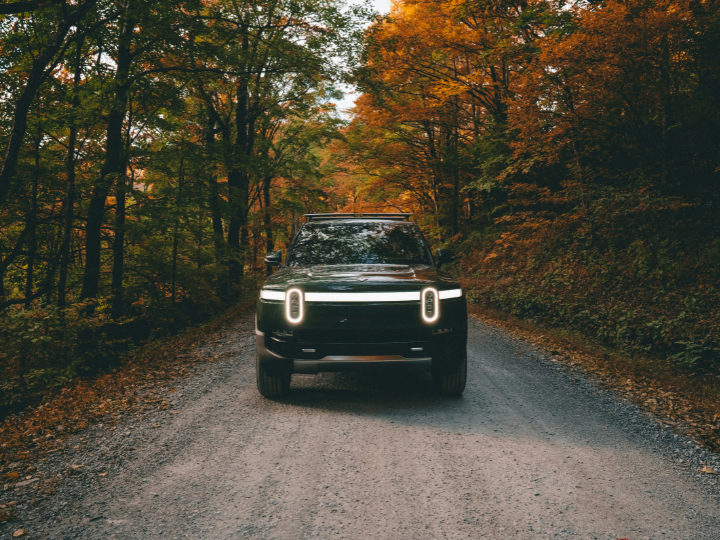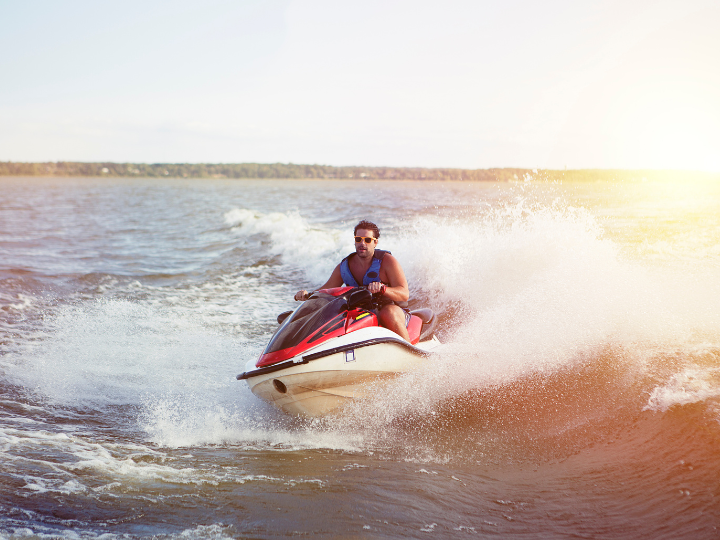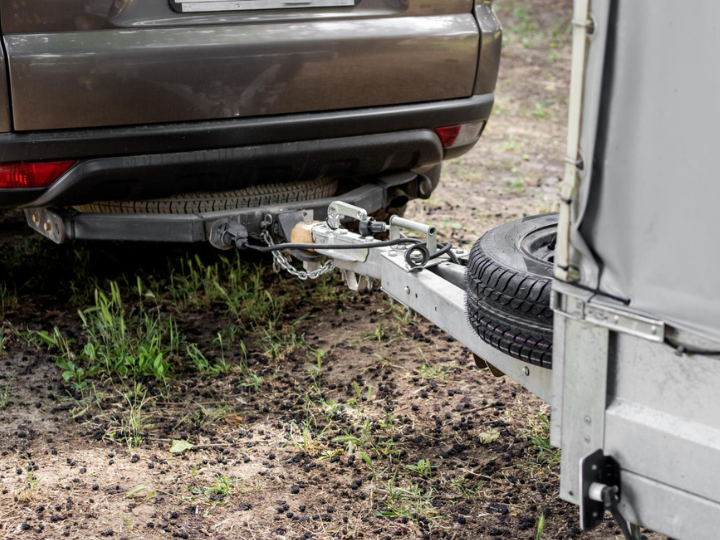As the winter season approaches, it’s essential to prepare your recreational vehicles (RVs, ATVs, snowmobiles, and motorcycles) for the colder months ahead. Winter weather can be harsh, and if you want to ensure that your vehicles remain in top shape for your next adventure, proper winterization is crucial. Here’s a guide on how to prepare your recreational vehicles for the winter season.
Clean and Inspect Your Vehicle
Before you store your recreational vehicle for the winter, give it a thorough cleaning. Remove dirt, mud, and debris that can lead to corrosion or damage. Pay special attention to the undercarriage and wheel wells, as these areas can collect grime.
Once cleaned, conduct a detailed inspection. Check for any signs of wear and tear, such as cracks in the tires, rust on metal parts, or any leaks. Taking care of minor repairs now can prevent larger issues in the spring.
Protect the Interior
RVs, campers, and trailers, protecting the interior from moisture and pests is vital. Here are a few steps to consider:
- Remove Perishables: Clear out any food items to prevent mold and attract pests.
- Use Moisture Absorbers: Place moisture-absorbing products, like silica gel packets or dehumidifiers, inside the vehicle to keep humidity levels low.
- Seal Entry Points: Ensure that all windows, doors, and vents are sealed properly. Consider using weather stripping to prevent cold air and moisture from entering.
Winterize Your Water Systems
For RVs and campers, properly winterizing the plumbing system is essential to prevent freezing and cracking. Here’s how to do it:
- Drain Water Tanks: Empty the fresh water tank, and flush the gray and black water tanks.
- Blow Out the Lines: Use an air compressor to blow out the water lines to ensure no residual water remains.
- Add Antifreeze: After draining, add RV antifreeze to the plumbing system according to the manufacturer’s guidelines to protect against freezing.
Maintain Your Battery
Batteries can be particularly vulnerable to cold temperatures. To ensure your vehicle starts up without a hitch when the weather warms up, follow these tips:
- Disconnect the Battery: If your recreational vehicle will be stored for an extended period, consider disconnecting the battery to prevent drainage.
- Store Indoors: If possible, store the battery in a warmer environment to avoid freezing temperatures, which can damage it.
- Check Charge Levels: Make sure the battery is fully charged before winter storage.
Protect Against the Elements
Cover your recreational vehicle with a high-quality cover designed for winter conditions. This will protect it from snow, ice, and harsh UV rays when not in use. Ensure that your cover allows for airflow to prevent moisture buildup underneath, which can lead to mold or rust.
Review Your Insurance Coverage
Before putting your recreational vehicles into hibernation, review your insurance policy. Make sure you have adequate coverage for winter storage. Some policies offer comprehensive protection against specific winter-related damages, which can provide peace of mind during the colder months.
_
Taking the time to winterize your recreational vehicles can save you time and money when the warmer months roll around. By following these steps, you can protect your investment and ensure that you’re ready for your next adventure. Remember, a well-maintained vehicle will offer better performance and safety when you hit the road again!
If you’re looking for comprehensive insurance coverage for your recreational vehicles, reach out to our team. We’re here to help you navigate your insurance needs and get you set for the upcoming season.
(Source: Photo by Spencer Davis on Unsplash)










